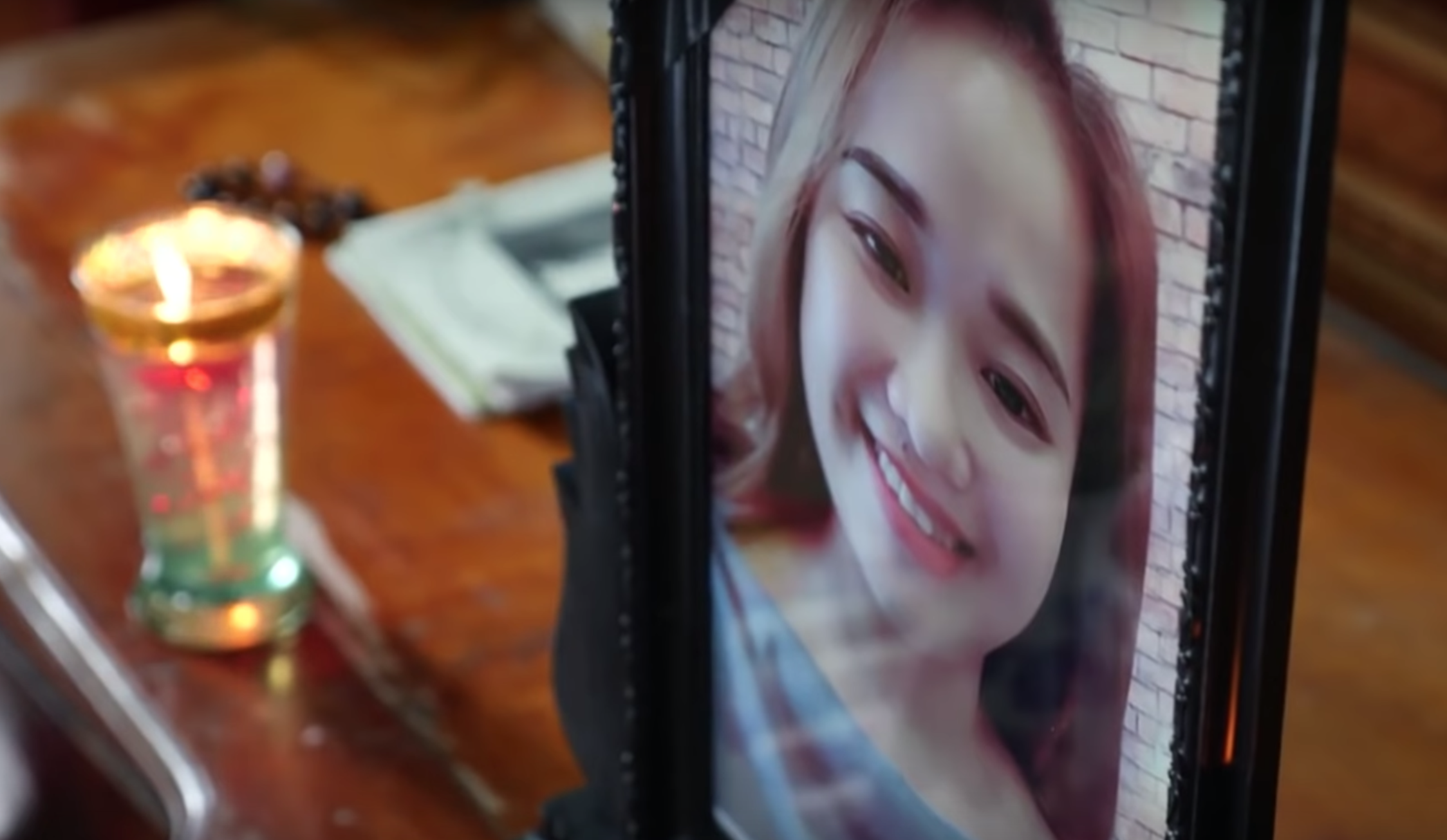As we prepare to welcome 2020, EachOther looks back at the second six months of the past year and highlights some of the biggest stories we reported on.
July
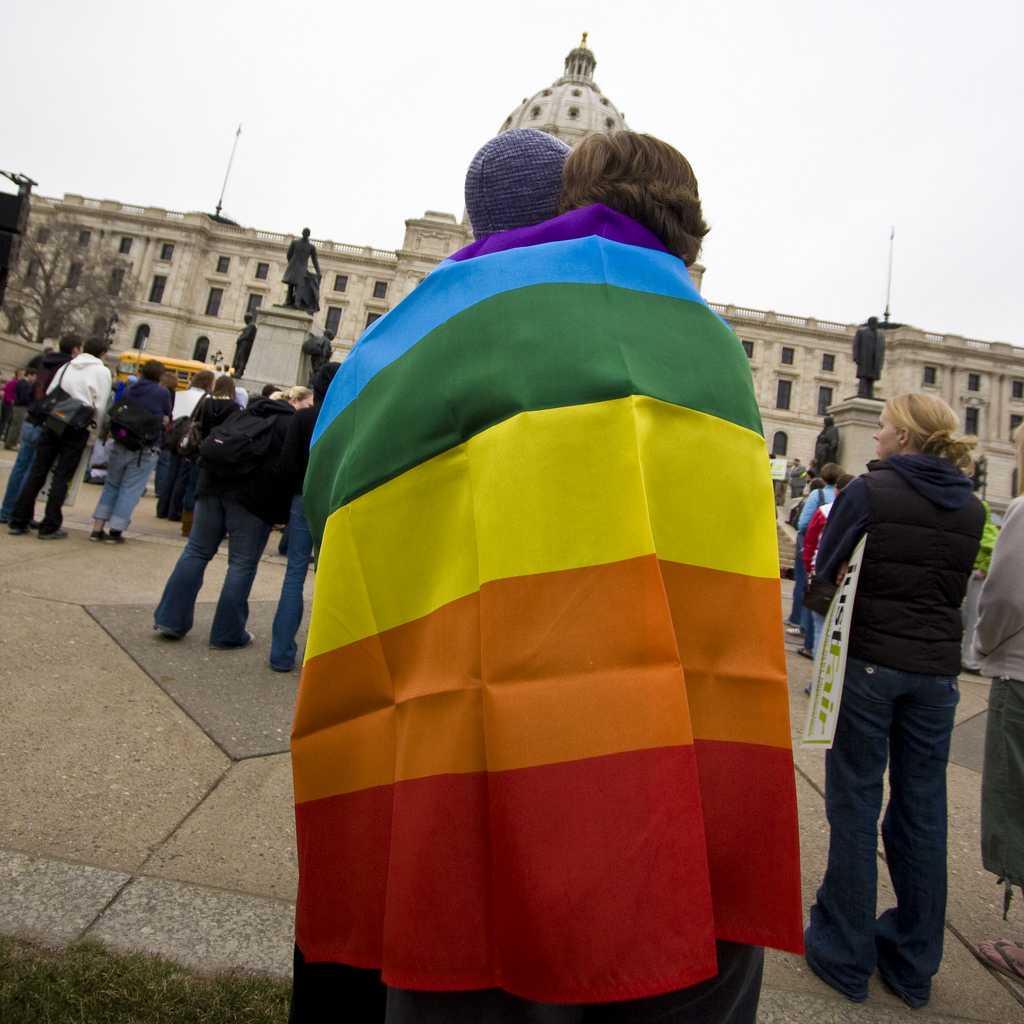
Featured Image Credit: Tony Webster / Flickr.
MPs voted in favour of amendments which led to the UK government liberalising abortion laws and extending same-sex marriage to Northern Ireland.
On 9 July, politicians overwhelmingly backed proposals for the government to legislate for same-sex marriage and bring abortion laws in line with international human rights conventions.
The change came into effect on 21 October. This delay gave the province’s devolved assembly – which has been suspended for more than two and a half years – the opportunity to overturn the amendments if devolution was restored.
In July, homelessness charity Shelter also released research suggesting that the construction of 3.1 million social homes over the next 20 years will pay for itself in housing benefit savings.
Shelter’s chief executive Polly Neate outlined a “water-tight” economic case at a Conservative think-tank conference on 8 July.
The comments were made on the same day that London Councils released data suggesting that the government’s refusal to raise the Local Housing Allowance (LHA) is “fuelling homelessness”.
The International Observatory for Human Rights (IOHR) urged the UN to appoint a Special Envoy to tackle the “global crisis of statelessness which it said has led to people in the UK and across the world being denied their basic human rights.
The UN estimates that around 12 million people worldwide are stateless, although the true figure is not known.
August
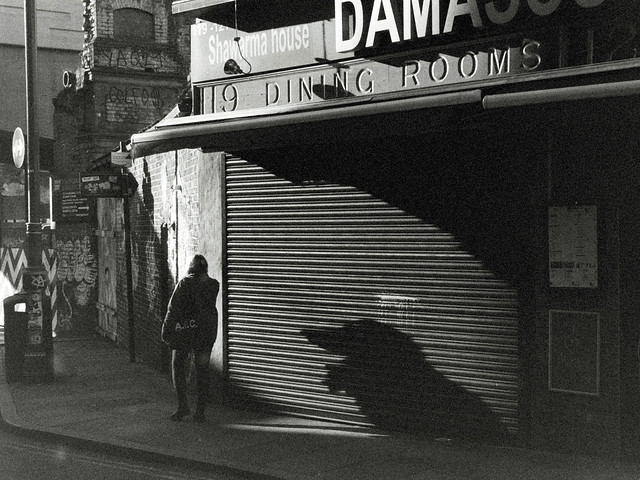
Featured Image Credit: Livio Burtscher / Flickr.
More people in the UK believe sex workers should not be punished for operating out of brothels or on the street than those who think they should, an opinion poll commissioned by EachOther in August found.
49 percent of British people surveyed are in favour of decriminalising brothel-keeping, an offence punishable by up to seven years in prison.
Meanwhile, 44 percent of people surveyed feel that sex workers should not face prosecution for street solicitation – in other words, offering their services in public – for which they can currently be fined up to £500 for a first-time offence.
Campaign groups welcomed the findings of the poll – arguing that the current laws around sex work in the UK make them more vulnerable to being attacked by forcing them to work in isolation.
In other news, home secretary Priti Patel announced plans to roll out extended stop-and-search powers to all 43 police forces in England and Wales in August.
The powers allow officers to search people in a designated area, without needing reasonable grounds for suspicion, if serious violence is anticipated.
Campaign group StopWatch told EachOther that this power is ineffective, discriminatory, and will give rise to “lazy policing”.
September
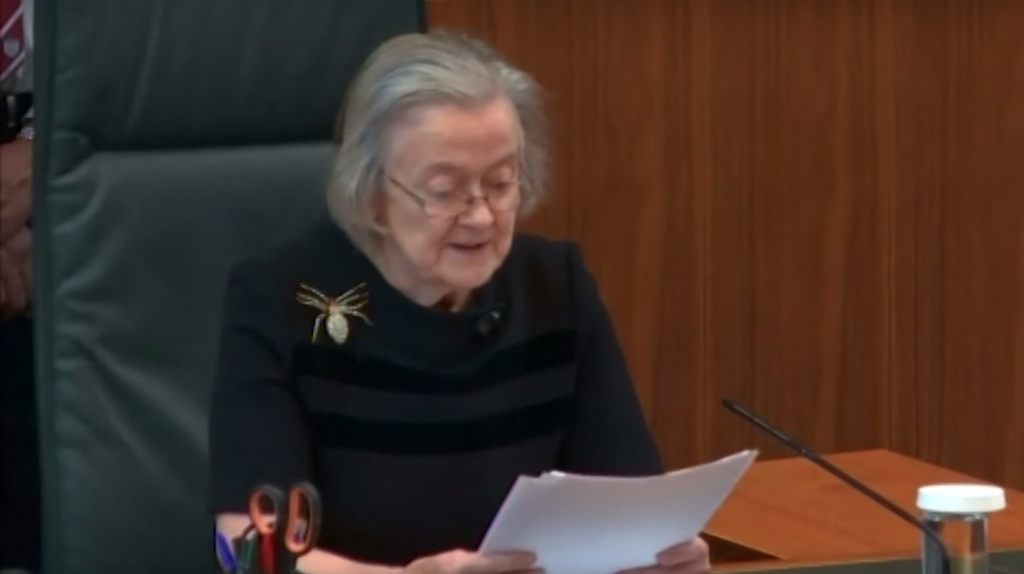
Lady Hale. Image Credit: Supreme Court / YouTube
The Supreme Court ruled that Prime Minister Boris Johnson’s suspension of parliament was “unlawful, void, and of no effect”.
Johnson had prorogued parliament for five weeks at the end of August, claiming it was to allow time for his government to announce its new policies in an “overdue” Queen’s Speech.
But the court’s 11 judges unanimously ruled on 24 September that it was wrong to stop parliament carrying out its duties in the run-up to the Brexit deadline on 31 October, which has now been moved to January 31.
Gina Miller, who brought one of the appeals, said the decision confirmed the UK is “governed by the rule of law”.
In other news, an activist who was filmed using controversial facial recognition technology lost the world’s first ever legal challenge against its use by police.
Campaigner Ed Bridges argued that his right to privacy had been breached when his face was scanned by South Wales Police cameras while he was out shopping in Cardiff.
But High Court judges on 4 September ruled that, while this mass surveillance tool interferes with privacy rights, is it not unlawful. Bridges has said he will appeal the decision.
A report by Citizens Advice published in September also revealed that some people whose benefits have been frozen by the government are being forced to live on less than £100 a month.
Some must go without food, medicine, and toiletries, and have to choose which bills to pay.
October
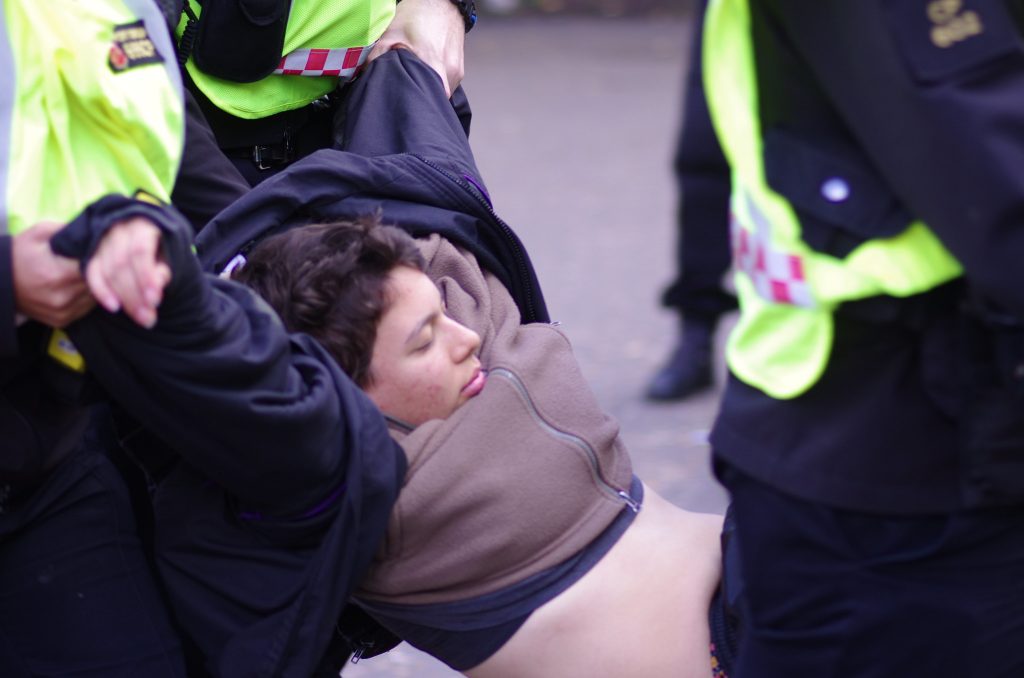
Extinction rebellion protestor is captured by police. Credit: Saw2th / Flickr.
Police banned environmentalists Extinction Rebellion (XR) from protesting in London halfway through the group’s Autumn Uprising civil disobedience campaign.
Metropolitan Police officers introduced the city-wide ban using section 14 of the Public Order Act.
Human rights groups condemned the move as “chilling” and the High Court ruled it unlawful in November.
In October, PM Boris Johnson also secured a new withdrawal agreement with the European Union – which has numerous implications for our rights.
This agreement has since been tweaked following the Conservative’s historic general election victory in December.
Johnson’s withdrawal agreement bill has been criticised for dropping workers’ rights protections, and watering down the rights of refugee children to be reunited with family members in the UK.
In October, police also discovered the bodies of 39 Vietnamese migrants in a refrigerated lorry container in Essex.
This shocking incident dominated headlines for days and sparked questions over the UK’s immigration policies.
Liberal Democrat MP Christine Jardine asked home secretary Priti Patel whether the current immigration system is “fair, compassionate and effective”.
Patel said it was not the time to discuss immigration policies, but added that “record numbers” of people are being displaced and “preyed upon” by criminal gangs.
November
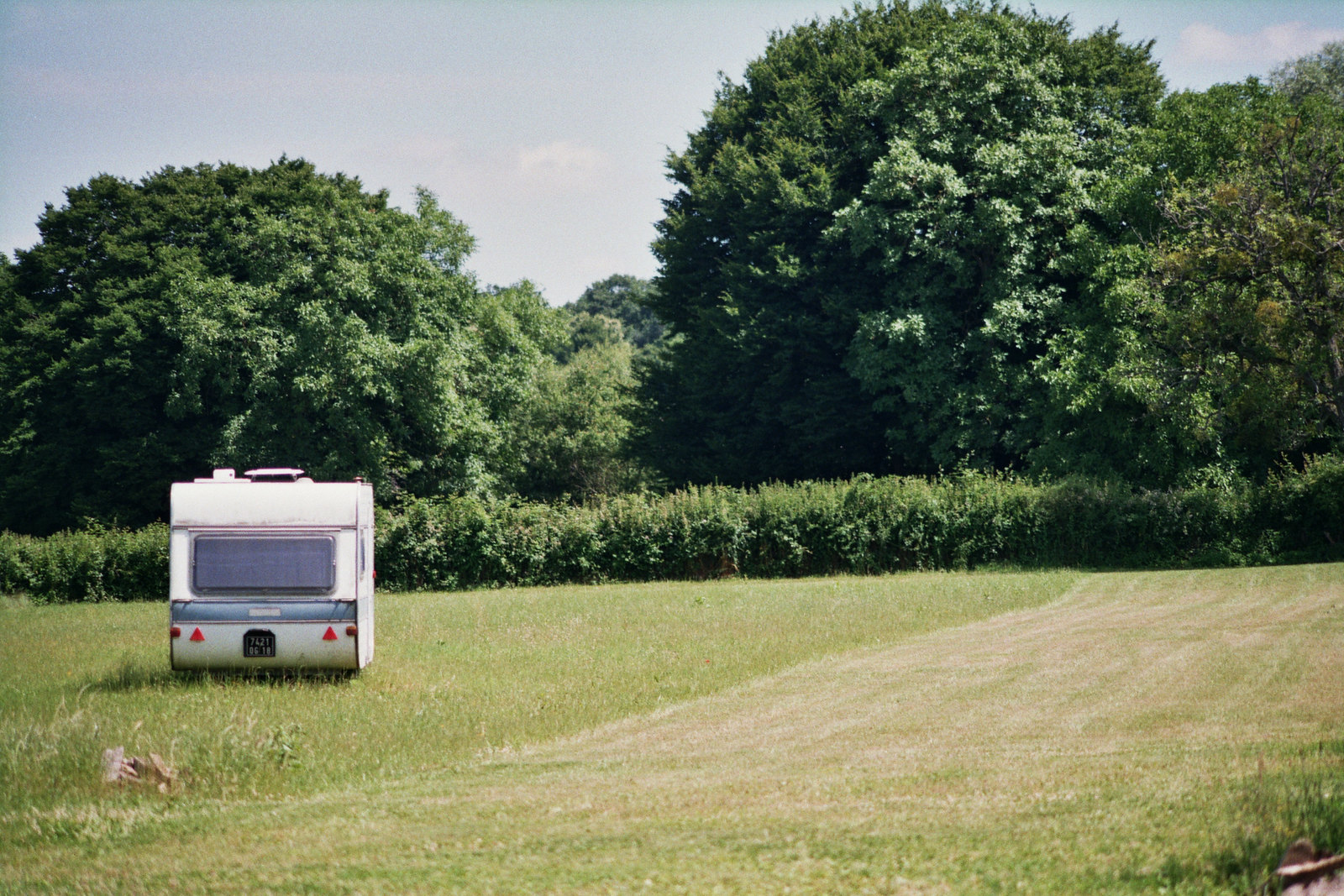
A caravan in a field. Image Credit: Tom Hodgkins / Flickr.
The Home Office announced it will launch a consultation on granting police new powers to arrest and seize property and vehicles of trespassers who set up unauthorised caravan sites.
Charities described these proposals as “inhumane” and said that will threaten Travellers’ and Gypsies’ ancient way of life.
At present, such trespassing is a civil matter but, if proposals are approved, it could also become a criminal offence.
The Conservative party made a vague pledge to update the Human Rights Act in its manifesto ahead of the 12 December general election.
The pledge has sparked concern among human rights groups and lawyers who fear the protections in the Act will be watered down.
The Tories have pledged to update it to ensure a “proper balance between the rights of individuals, our vital national security and effective government”.
Any changes to the Act will be proposed by a “Constitution, Democracy and Rights Commission,” which the government said it will set up within a year. The proposals will be looked at “after Brexit”.
PM Boris Johnson also vowed to rewrite human rights laws following the second terrorist attack on London Bridge in two years.
December
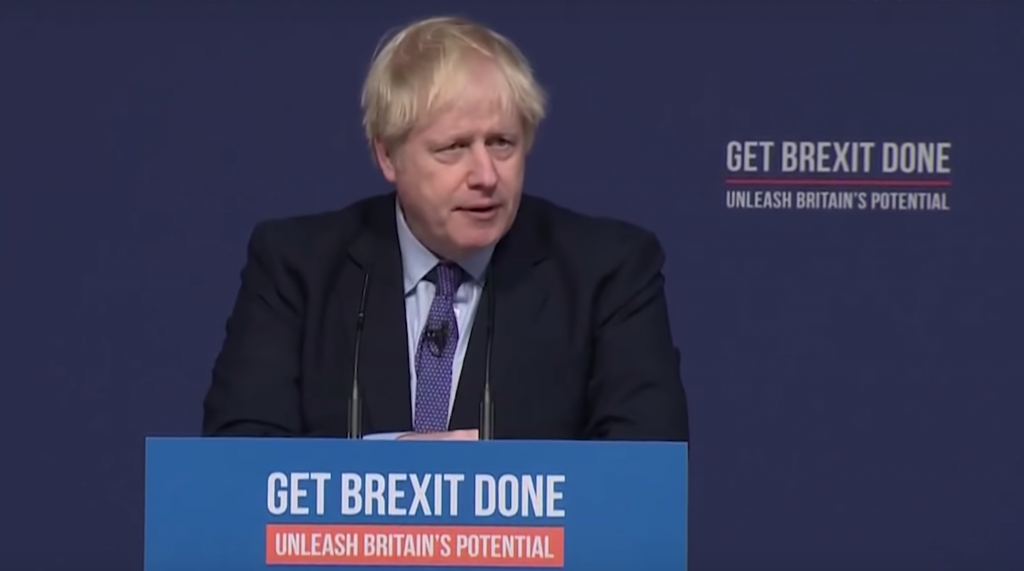
Conservative leader Boris Johnson speaks at the launch of the Conservative Party manifesto in the 2019 general election. Credit: YouTube.
An overwhelming majority of people in the UK believe that human rights laws must protect everyone equally to be effective, an opinion poll commissioned by EachOther revealed.
EachOther published these “encouraging” results on Human Rights Day (10 December), but warned that “we cannot be complacent”.
It is also on this day that we launched our new website and officially changed our name from RightsInfo to EachOther – here’s why.
On 12 December, the Conservative Party won its largest majority in parliament in more than three decades, while the Scottish National Party also made huge gains.
The result is likely to have implications on many of our rights, including: the future of the Human Rights Act; Brexit; Scottish independence; workers’ rights; equality; the environment; immigration and asylum; and foreign policy.
On 19 December, the High Court ruled that the Home Office’s £1,012 fee to register children as British is unlawful.
Each application costs the Home Office only £372 to process. The court heard that the fee alienated migrant families, who are often unable to apply because the cost is simply too much.
In case you missed it, here’s our selection of stories from the first half of 2019.

